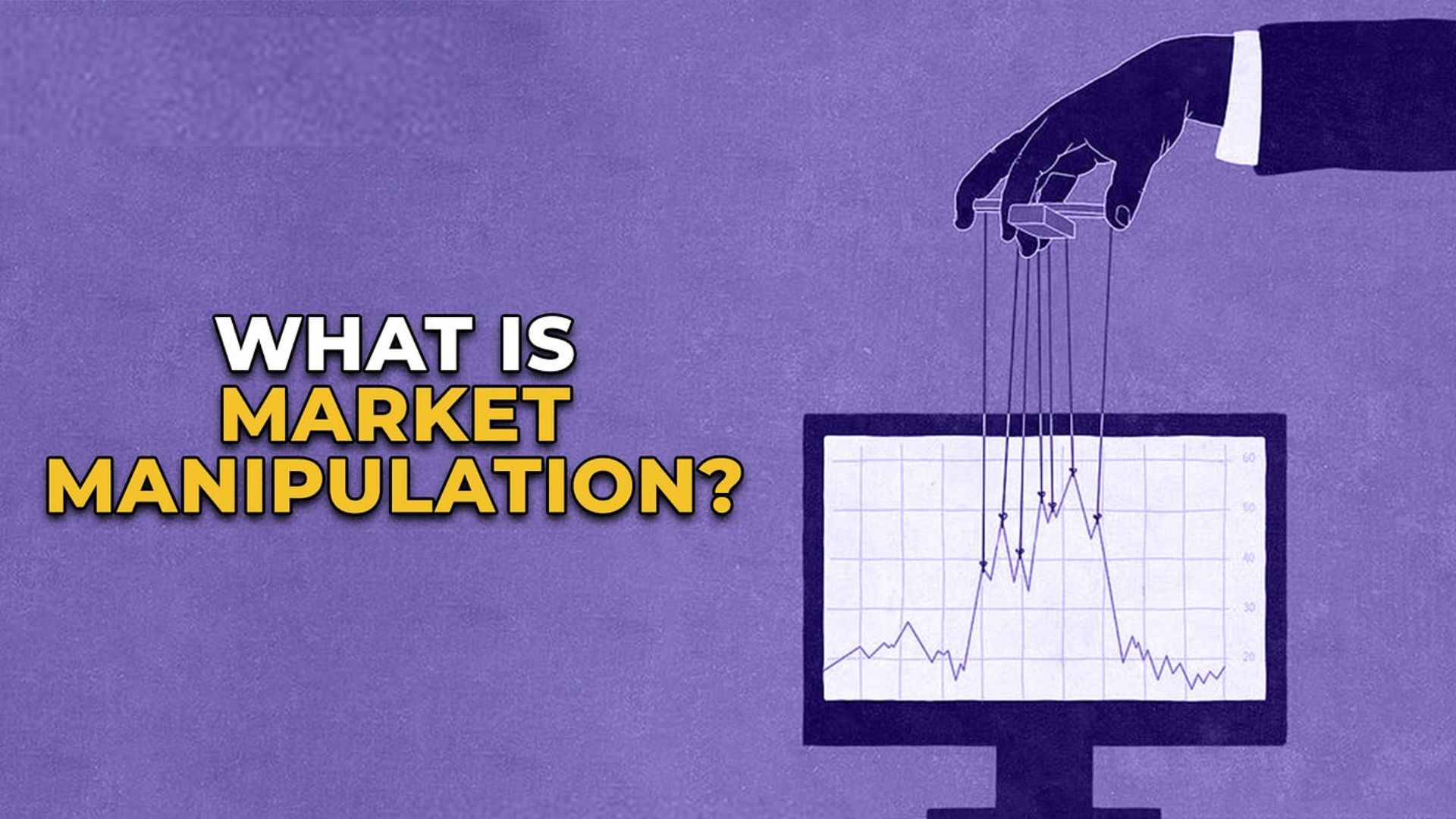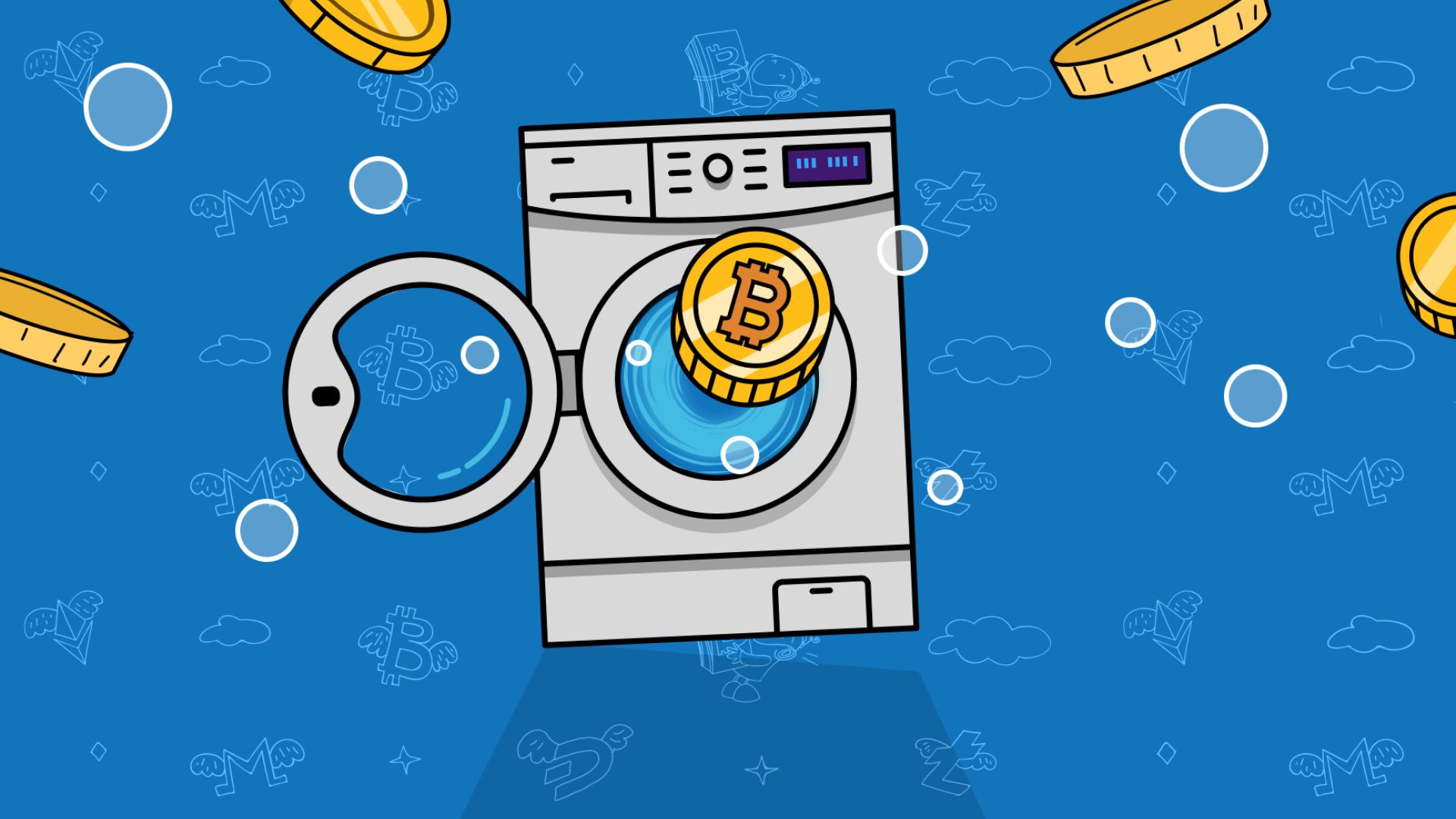Market Manipulation in Cryptocurrency: An Overview

Market Manipulation in Cryptocurrency: An Overview. The term “market manipulation” describes the intentional employment of various misleading tactics to manipulate the price of cryptocurrencies in the cryptocurrency ecosystem. A symptom of market manipulation is when prices suddenly and unexpectedly rise or fall without any correlation to relevant news or trends. Surprisingly, large transaction volumes that occur suddenly could be a sign of manipulation, especially if they are accompanied by increased social media activity or coordinated online discussions.
Furthermore, investors and authorities may question the market’s integrity if they see ongoing irregularities or unclear trading practices, which could be signs of manipulation. The crypto sector is also rife with pump-and-dump operations, in which a group spreads false information to artificially increase the price of a cryptocurrency so that purchasers would buy it and then sell it for a profit.
Furthermore, significant holders, or “whales,” manipulate the market by buying or selling massive quantities of a cryptocurrency to influence its price. Spoofing is an attempt to use the cryptocurrency market by placing large buy or sell orders and then canceling them before they are executed, creating the illusion of fake market demand.
Markets for cryptocurrencies are not immune to insider trading, in which individuals make deals using confidential information. These misleading strategies take advantage of the unregulated and opaque nature of the market. So that everyone may participate in free and fair marketplaces, regulators try to stop this kind of thing.
Is Manipulating Cryptocurrency Legal?

Manipulating cryptocurrency markets could be lawful or illegal, depending on where you live and what you do. In many places, it is unlawful to use deceptive or dishonest practices to influence the price of cryptocurrencies, which can violate securities or financial regulations. Financial rules that govern conventional securities markets prohibit insider trading, pump-and-dump schemes, spoofing, and other market manipulation. To avoid market manipulation and protect investors, regulatory organizations worldwide, including the SEC, closely monitor and enforce crypto laws.
But, the cryptocurrency regulatory landscape is still evolving, and the rules about market manipulation may be murkier or different in different jurisdictions. It can be challenging to implement regulations against manipulation occasionally due to the decentralized and global character of cryptocurrencies. Nonetheless, crypto industry efforts to halt illegal market activity and establish more specific restrictions are ongoing.
Vulnerabilities and Manipulation Risks in Decentralized Exchanges
There are weaknesses in decentralized exchanges (DEXs) even though they provide security. Because of the potential for reentrancy attacks or coding errors to cause funds to be lost, smart contract vulnerabilities are a big cause for concern. Liquidity pool manipulation is another issue that needs to be addressed. This occurs when dishonest individuals manipulate prices in pools with limited liquidity for financial gain.
When traders on DEXs use the transparency of transaction orders to their advantage, a practice known as “front-running” occurs. Since blockchain transactions are public, DEXs can be targeted by front-runners. Attackers use bots to keep an eye on pending transactions; when they find a good opportunity, they execute it fast to manipulate pricing to their advantage.
The trust and funds of users are jeopardized when fake token listings contain false or harmful tokens. The DEX platform’s reputation hit, and customers lost money when they fell for these tokens, which seemed like real enterprises. Strict token verification processes and user education are necessary to protect investors from these fraudulent listings and maintain the integrity of decentralized exchanges.
Uncertainty over regulations, is another challenge that DEXs face; this could lead to legal and compliance issues. We need more stringent protocols for listing tokens, better liquidity mechanisms, protections against front-running, and comprehensive audits of smart contracts to reduce these risks. Educating users and performing continuing security audits is critical to making decentralized exchanges more resistant to manipulation and vulnerabilities and fostering a more reliable decentralized trading ecosystem.
Impact of Wash Trading on Crypto Market Manipulation

It is typical practice in the bitcoin market to buy and sell assets frequently, known as “wash trading,” to create the illusion of liquidity. This dishonest method skews market metrics by misleading traders about actual demand and supply and exaggerating the perceived market activity level. Consequently, it influences the price discovery process and promotes the use of erroneous data by investors.
Wash trading undermines investor trust and increases market manipulation risk by manipulating asset values with false activity. Regulatory groups increasingly target these deceptive practices to keep the Bitcoin industry transparent and trustworthy. Consequently, if we want to foster trust, allow for genuine price discovery, and establish a more robust cryptocurrency market for everyone, we must resolve wash trading concerns.
How to Prevent Cryptocurrency Market Manipulation
There must be a combination of governmental actions, technical improvements, and user education to prevent Bitcoin market manipulation. Improving market surveillance technologies that allow real-time monitoring of trade activity is crucial to detecting suspicious trends, wash trades, and other forms of market manipulation. To stop market manipulation, regulatory bodies worldwide must collaborate on drafting transparent rules and enforcing strict compliance. Transparency measures, such as the disclosure of trading volumes and the enforcement of accurate reporting procedures, can help reduce exchange manipulation. Liquidity on several platforms helps offset the impact of manipulators on smaller exchanges.
Decentralized platforms with state-of-the-art anti-manipulation features like commit-reveal systems and decentralized order book designs can lessen front-running and wash trading. To stop front-running, commit-reveal systems use cryptography to safely defer the release of transaction details until a later time. Similarly, a decentralized order book design spreads and handles trading data over a network, reducing the likelihood of manipulation, by avoiding a central point of control. Educating consumers about the dangers of manipulative acts and advocating for ethical trading strategies is critical. Strong risk management strategies can protect investors by setting trading restrictions and employing algorithms driven by artificial intelligence to spot suspicious behavior.
Promoting an ethical trading and compliance culture within the Bitcoin ecosystem is paramount. Promoting self-regulation and ethical conduct among market participants makes the Bitcoin market less vulnerable to manipulation, leading to a stronger and more trustworthy market overall. Regulators must exercise caution, technology must advance, and stakeholders must work together if the Bitcoin economy remains stable.





